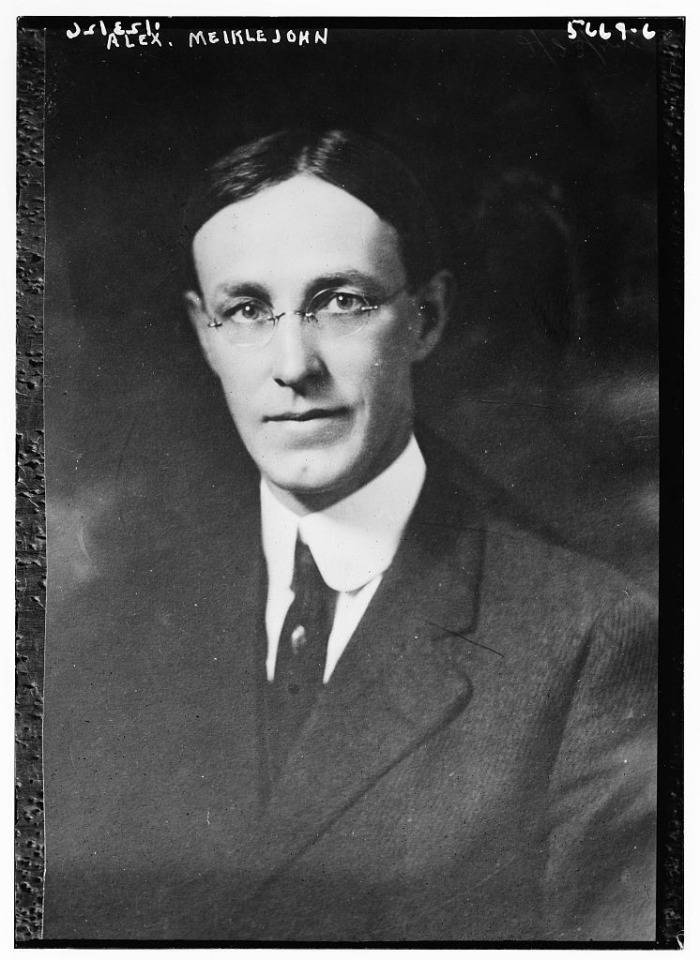
The participation in self government still remains one of the most important justifications for freedom of speech, according to this article written by Patrick M Gary. Meiklejohn, who developed this theory, took a more "Madisonian view" of the first amendment, which was interpreting the free speech clause into a broader topic for a more constitutional focus (as said by Patrick M Gary)
The participation of the self government theory is the fact that it is essential when it comes to a functioning democracy. According to his idea, citizens of the United States are to engage in self-government by using reasoning and practical judgement. People who communicate politically are more likely to participate intelligently when it comes to matters pertaining to democracy. While this may seem more old timey, this still matters today because in a an age where digital communication is overbearing, the question of who controls political speech is more complex than ever before. Questions like "Should private companies decide on what political information is allowed?" and "Should governments regulate political advertising" are questions that you should be asking yourself, since it pertains to your ability of being able to participate in self-government.
Meiklejohn's theory is able to remind us that democracy only works if the citizens in that democracy stay politically intelligent and are able to debate openly. If political speech were to be oppressed by the media, democratic-decision making suffers which means the public loses power over the government.
I believe that Meiklejohn's theory is more important than ever, but that it's threatened by misinformation, censorship and the need for political control when it comes to private corporations. I truly believe in the fact that democracy thrives when the citizens are well informed, which is being threatened by the constant political expressions and lack of intelligent. The explosion of media is truly a double edged sword. Citizens are able to participate in exactly what Meiklejohn wanted (their opinions instantly and openly, hold politicians accountable, and get the ball rolling on changes that he never thought would ever be possible) but at the same time, democracy keeps being undermined by misinformation and corporate control of speech. Misinformation spreads rapidly on digital platforms, infecting the minds of the citizens before they're even able to make informed decisions. Multiple topics such as election fraud, misleading claims and things such as deepfake technology have made it harder for once politically informed citizens to separate the truth from the lies, making it difficult for those same citizens to stay up to date politically and accurately.

What's even more concerning in terms of participation of self government that Meiklejohn didn't even see coming was the fact private social media companies (X/Twitter, Youtube, Facebook/Meta...etc) now control much of the publics media discourse. These platforms are now able to amplify or silence what they deem is correct in their own eyes. It raises a serious question of should corporations have the power to regulate democracy? Meiklejohn argues the fact that any and all political speech should be protected because citizens need to hear all perspectives to make informed choices. When it comes to today's age, that protection is no longer guaranteed, which I think makes a lot of the US citizens politically misinformed since they able to make such misinformed choices.
In my opinion, a balance is needed. No regulation would mean dangerous misinformation being openly shared left and right, especially with how easy it is to just upload whatever you like on social media, but total regulation makes it to where this theory would never work. A democracy that doesn't protect political speech is a democracy at risk, and Meiklejohn reminds us of that.
No comments:
Post a Comment